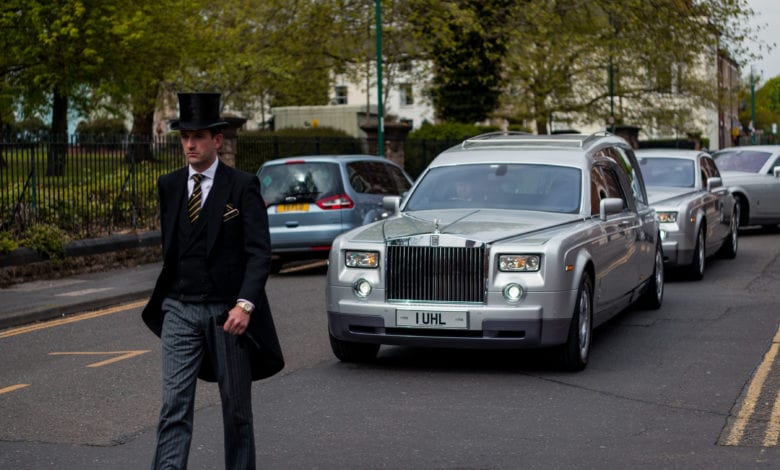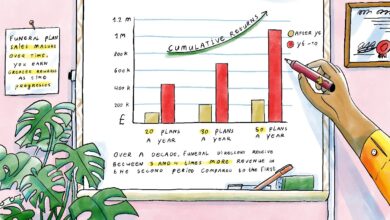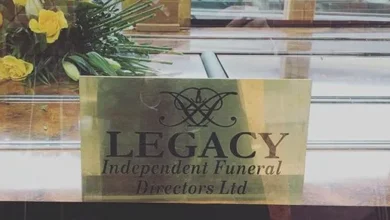Government exit plan has ‘forgotten’ the bereaved, warns A.W Lymn
Matthew Lymn Rose, managing director at the firm, ‘couldn’t believe’ that other industries would be given the ‘green light’ to reopen before more than 30 people could grieve outdoors at a funeral

A. W. Lymn has voiced its shock about the government’s lockdown exit plan by stating the roadmap has “forgotten” the bereaved.
Matthew Lymn Rose, managing director at the firm, claimed that while the vaccine roll-out and national push to fight the virus was “commendable”, he “couldn’t believe” that other industries would be given the “green light” to reopen before more than 30 people could grieve outdoors at a funeral.
Lymn Rose said that while he was “very aware of the magnitude” of the task at hand and “impressed” with the government’s management of the vaccine programme, he was “shocked” at the fact that funerals were so low down the priority list.
The firm has called on the government to “urgently reconsider” the rule of 30 outdoors at funerals so that it doesn’t have to see “additional distress and turmoil” imposed upon those already suffering.
He said: “It is truly alarming to hear that the bereaved are being given such little focus in the plan to reopen society.
“This disease has killed thousands of people up and down the country – almost every family has been touched in some way by Covid-19, be it having tragically lost a loved one, or a friend of a friend having been hospitalised. We hear the same terrible stories every day.”
He added that while he agrees that the limit on people gathering inside for a ceremony – in churches, mosques, temples and other places of worship – is “understandable”, the ban on more than 30 people outdoors in a cemetery was a point of “real contention”.
He said: “It is part of what makes us human to demonstrate our emotion for a lost loved one by coming together at a burial and sharing a silence of remembrance. I don’t see how standing in a wide, open space – like the majority of cemeteries are – is any more of a risk than going to a supermarket or a pub.”







